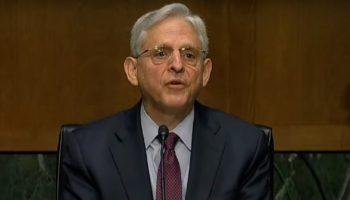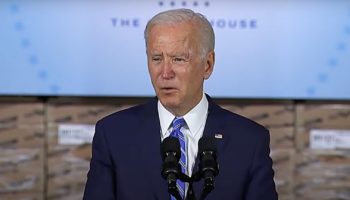In 2016, hacked materials played a big part in the US presidential election. In 2020, users may not be allowed to talk about any on mainstream platforms.
With the amount of intense censorship as a way to editorialize and control what information is available to billions of users, social media giants have never before came as close to becoming true publishers, instead of being what most people perceive them to be – as merely platforms that host user-generated, third-party content.
Two events combined in 2020 to produce this “perfect storm” of censorship, whose silver lining is that it at least forced these companies out in the open to reveal their true nature. And these events are the pandemic, and the US election.
On the latter front, YouTube is introducing another limitation to what creators can cover, and that’s information about candidates for public office that emerges thanks to “hacking.”
Whether factually true or not – Google’s YouTube will not let its users learn about it. According to a blog post, that’s because this particular kind of truth-telling has the potential to “interfere with the democratic process.”
Yet, it’s hard to imagine an actual democracy where any kind of truth is an interfering nuisance that must be scrubbed from the internet – yet, here we are.
Here’s an example of how this could work: say a candidate had committed murder – but this fact only surfaced thanks to a “hacking” effort, Google/YouTube would block that information, and leave its users/voters in the dark. So – who would be interfering with the democratic process now?
In the end, it all boils down to what Google is: a privately owned company just like any other, or a globally dominant digital public square that directs and dictates not just the tone, but also the content of public discourse? The US Constitution’s First Amendment allows publishers to reveal information that’s in public interest, regardless of how it had been obtained. What the YouTube blog post reveals, though, is that Google, the publisher, simply chooses not to do that.
“An alarming assault on human communication and press freedom,” is how Caitlin Johnstone describes it in a post, delving deep into the problem and many of its possible implications.
And just so we’re clear that this in not a dangerous and controversial policy taken by Google alone Twitter is on board, too.
Coordinated or not – the practice is clearly emerging as the “new normal.”
If you’re tired of cancel culture and censorship subscribe to Reclaim The Net.





